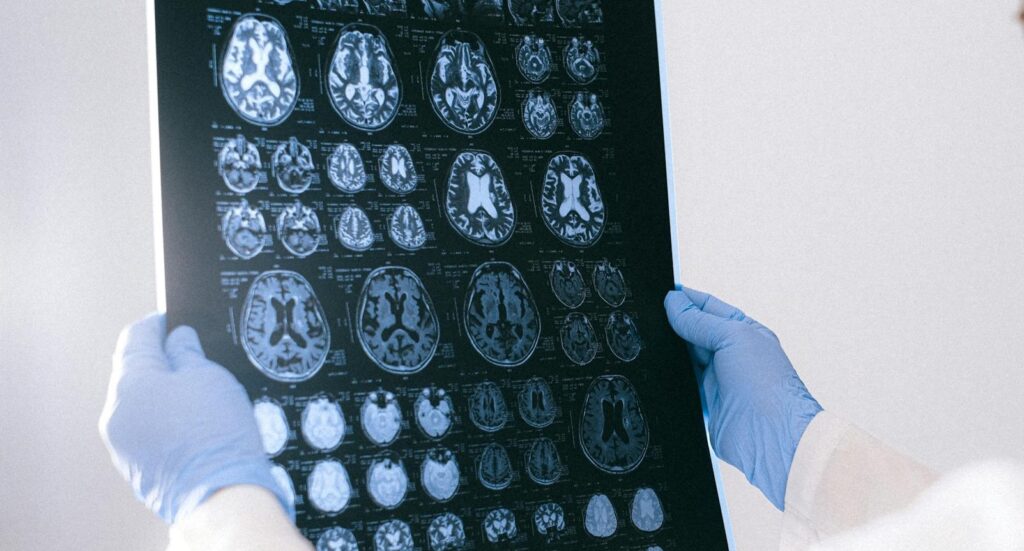A new Israeli study has determined that processed food is not bad for us – despite its long-standing poor reputation – and with the right addition of proteins can actually give our bodies a boost.
Processed food is actually a blanket description for any foods that have been changed in some way during their preparation. This could be drying, preserving (which is what we usually think of when we hear the term) or even cooking itself.
And while we imagine processed foods to be ones that have undergone a more drastic treatment like breakfast cereal, ready meals, canned meat or prepackaged bread and pastries, which have had preservatives added, it can actually also include frozen fruit and vegetables, cheese and even yogurt.
Meanwhile, we need proteins to maintain our health, and the right consumption of them has a major impact on our wellbeing, and even affects responses such as appetite and fatigue.

The discovery of their relationship came when researchers from the Faculty of Biotechnology and Food Engineering at the Technion – Israel Institute of Technology in Haifa were examining the possible danger of ingesting amyloid proteins in our food.
These amyloids are the clumps of proteins that form a plaque that accumulates in the brains of people suffering from neurodegenerative diseases such as Alzheimer’s and Parkinson’s.
This plaque forms in the spaces between the nerve cells, which disrupts cell function in memory, atrophying key areas of the brain and ultimately causing significant loss of its functionality.
But the scientists found instead that adding these amyloids to processed food can actually promote gut health and mimic the effect of dietary fiber found in fruit and whole grain.
In fact, they found that the bacteria in our gut prefer amyloids to other forms of protein that can disrupt the digestive process, causing effects such as fermentation in the intestines.
Sign up for our free weekly newsletter
SubscribeFocusing their research on proteins found in eggs and dairy, the scientists say they came to the conclusion that adding amyloids to processed food can break them down more slowly in the upper digestive system, creating a more gradual and controlled absorption of proteins by the body.
They also realized that these amyloid proteins can manage a low ratio between two key bacteria in the intestines, balancing them to maintain gut health and potentially reducing the likelihood of diseases such as diabetes and even cancer.
And examining the research from a broader perspective, the scientists said, it demonstrates that careful food processing can have the potential to make us healthier.

“Today, we know how to precisely control and formulate foods and to estimate through models developed in my lab, how different food components will be digested in the body of different consumers,” said Prof. Uri Lesmes, who led the research team.
“Together with innovative research tools, this scientific approach will help us understand the fate of proteins and innovative food components in the bodies of different consumers and may even facilitate development of personalized dietary choices,” he said.
Lesmes worked on the study with doctoral students Gil Refael and Alon Romano, along with Prof. Meytal Landau and doctoral student Yitzhaq Engelberg from the Technion’s Faculty of Biology, as well as Prof. Omry Koren from the Faculty of Medicine at Bar-Ilan University in Ramat Gan.
And the study, Lesmes maintains, may even lead to the development of processed foods as a mechanism to improve our health.
“I believe that this research opens up new avenues for understanding the potential of ‘smartly’ processed food to expand human nutrition sources and improve health,” he said.
Related posts

Israeli Medical Technologies That Could Change The World

Harnessing Our Own Bodies For Side Effect-Free Weight Loss





Facebook comments